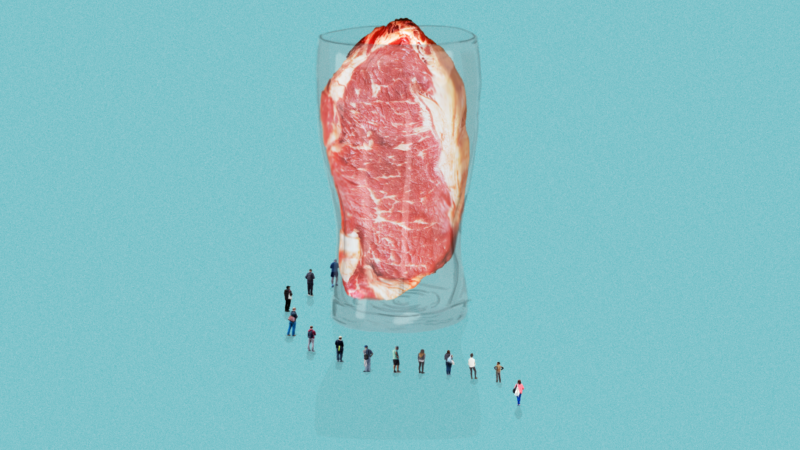Soft Power: State-manufactured pop and space exploration
The Chinese state, wishing to increase its ‘soft power’ - as opposed to the ‘hard power’ of economic and military strength - is trying to create pop superstars. Enter Ruhan Jia, a classically trained singer who is being taught to affect the styles and attitudes of Western pop while maintaining a Chinese image, albeit strictly the image that the communist government would want China to export. Aside from questions as to whether pop and rock should be acts of rebellion against authority, or whether pop manufactured by a state is any worse than that manufactured by a money-hungry corporation, this also begs important questions about how else a state can get soft power and what image a powerful country could earn.
Part of the American global hegemony of recent times has been due to rock music and Hollywood, making American art almost inescapably ubiquitous. Although academics argue about quite how important that is compared to their undeniable hard power, China is wise to see image as important. Their image, at least in the West, is mostly of a vast, mysterious culture behind a wall, where democracy has been denied and human rights abused. Some pop music may, if successful, help them to seem less mysterious, but it won’t make the country suddenly look like the land of the free. Quite how the US has managed to sustain that myth is beyond me too. I suspect that China’s soft power would be greatly improved if they, say, freed Tibet and gave their other billion or so citizens freedom of speech. Instead they offer us surprisingly bland pop music. Horses for courses.
Along similar lines, the space race of the last century was both a soft power propaganda tool and a show of military and economic might, like this Chinese state pop music but with hard-ons, and the space race continues today worldwide. The amount of money that various countries now spend on space exploration is staggering and incomprehensible when seen beside a world where people routinely starve and die of thirst, whose children lack an education that could give them a better life. But never mind humanity. Let’s send another robot to Mars. That would be way cool. Beep beep!
That other emerging Asian giant, India, briefly made the news last year when people quite rightly questioned why they were sending an unmanned craft to Mars when that ever-corrupt country has so many of her own children stunted from malnutrition. But that sense of outrage, although only briefly in the headlines, reveals a promising hint of moral progress if people think less of national glory than they do of global justice.
This brings us back to ‘soft power’, which is after all in the hearts and minds of ordinary people worldwide, not just world leaders. People vocally caring about Indian children means that soft power could more and more become about ethics than pop music and rockets. No big country has ever been a saint. The British Empire was a gunboat bully and often a monster and any global superpower since has to varying extents failed to be morally admirable. But what if it were possible for a country to be economically strong without gulags or Guantanamo, a country that its people could be proud of without having to blinker themselves to truth and outrage? It seems unfeasibly unrealistic in this current world, but if you will forgive me a moment of optimism, if a country wants to win our hearts and minds, then our hoping for a better world is a good place to start.
Will China suddenly change its ways and become a moral superpower? I’m not holding my breath, but if they freed the human spirit in its people, then maybe those people would start making interesting pop music, so they’d doubly win on soft power. As for suggestions of what countries could spend money on for great works of national pride, why not invest in technologies to produce crops and green electricity in deserts? These technologies already exist but need more financial backing. They can use sunlight and seawater to produce clean water, clean electricity, bio-fuel, crops, jobs and security to vast, poverty-stricken areas of the globe while incidentally storing huge amounts of carbon in the new soils. If - and this part is important , only if - this is done for the benefit of local communities, instead of rich foreigners once again exploiting the resources of the poor, it could save countless lives. The alternative seems to be space robots, pop music and famine, which is a pretty weak legacy for any so-called superpower. )





